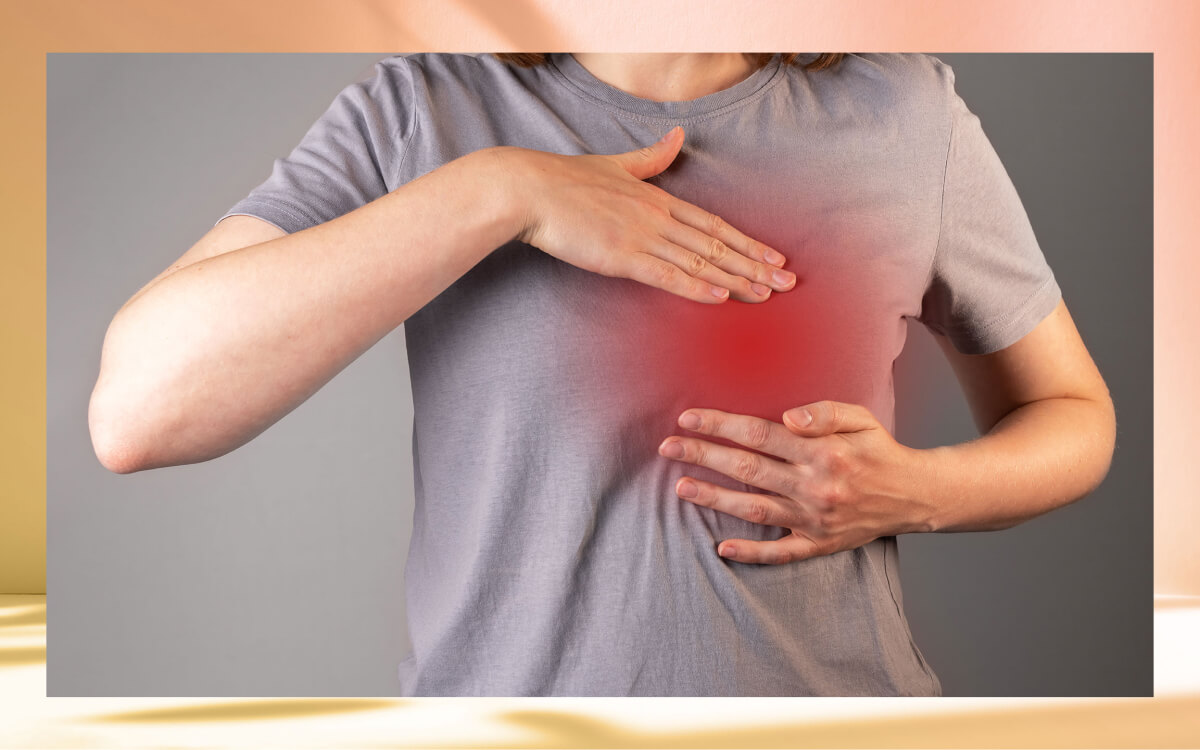Early Cancer Signs: A Clear Guide
Cancer is a formidable adversary, but early detection can make all the difference. In this guide, we'll provide you with a clear and informative resource to recognize the potential early signs of cancer, empowering you to take action and prioritize your health.

1. Understanding the Importance of Early Detection
Understanding the importance of early detection is the first step in your cancer awareness journey. Early detection significantly improves treatment outcomes and survival rates, making it a critical factor in the fight against cancer.
2. Recognizing Common Early Signs
Recognizing common early signs of cancer can be a lifesaver. Be vigilant about these potential warning signs:
Unexplained Weight Loss: Sudden and unexplained weight loss, especially if it's significant, can be a sign of various cancers.
Persistent Fatigue: Excessive fatigue that doesn't improve with rest can be a symptom of multiple cancer types.
Skin Changes: Changes in the color, size, shape, or appearance of moles or skin spots should not be ignored.
Persistent Pain: Unexplained, persistent pain in any part of the body can be an indicator of underlying issues, including cancer.
Changes in Bowel or Bladder Habits: Persistent changes in bowel habits, blood in stool, or changes in urination patterns should be investigated.
Persistent Cough or Hoarseness: A persistent cough, hoarseness, or difficulty swallowing could be indicative of cancers affecting the respiratory or digestive systems.
Lumps or Swellings: Any new lumps, swellings, or growths, whether painful or painless, should be examined by a healthcare professional.
3. The Role of Screening and Regular Check-ups
Mammograms: Regular mammograms are crucial for breast cancer detection, particularly for women over 40.
Pap Smears: Cervical cancer can often be detected early through routine Pap smears.
Colonoscopies: Screening for colorectal cancer is recommended for individuals over a certain age or with risk factors.
Prostate-Specific Antigen (PSA) Tests: Men over a certain age or with risk factors may benefit from PSA tests to detect prostate cancer.
Skin Checks: Regular skin checks by a dermatologist can help detect skin cancer in its early stages.
4. Risk Factors and Prevention Strategies
Understanding risk factors and adopting prevention strategies is key:
Lifestyle Choices: Tobacco use, excessive alcohol consumption, and an unhealthy diet can increase cancer risk. Quitting smoking, moderating alcohol, and eating a balanced diet can lower these risks.
Physical Activity: Regular exercise can reduce the risk of several types of cancer.
Screening and Vaccination: Following recommended screening guidelines and getting vaccines (e.g., HPV vaccine) can lower cancer risk.
Genetic Counseling: Individuals with a family history of cancer should consider genetic counseling to assess their risk.
Sun Protection: Protecting your skin from UV radiation through sunscreen and protective clothing can prevent skin cancer.
5. Seeking Medical Attention and Diagnosi
If you notice potential cancer symptoms, seeking medical attention promptly is crucial:
Consult a Healthcare Professional: Don't hesitate to consult a healthcare professional if you experience persistent symptoms or notice any warning signs.
Diagnostic Tests: The diagnostic process may involve medical evaluations, imaging tests (e.g., X-rays, MRIs), and biopsies (tissue samples) to confirm or rule out cancer.
Summary: Knowledge is Empowerment
Knowledge is empowerment when it comes to cancer prevention and early detection. By understanding the importance of early detection, recognizing common early signs, prioritizing regular check-ups, and adopting prevention strategies, you can take control of your health and increase your chances of detecting cancer in its early, treatable stages. This guide serves as a valuable resource to equip you with the knowledge needed to make informed decisions about your health and well-being. Remember, proactive awareness and early action can save lives.





